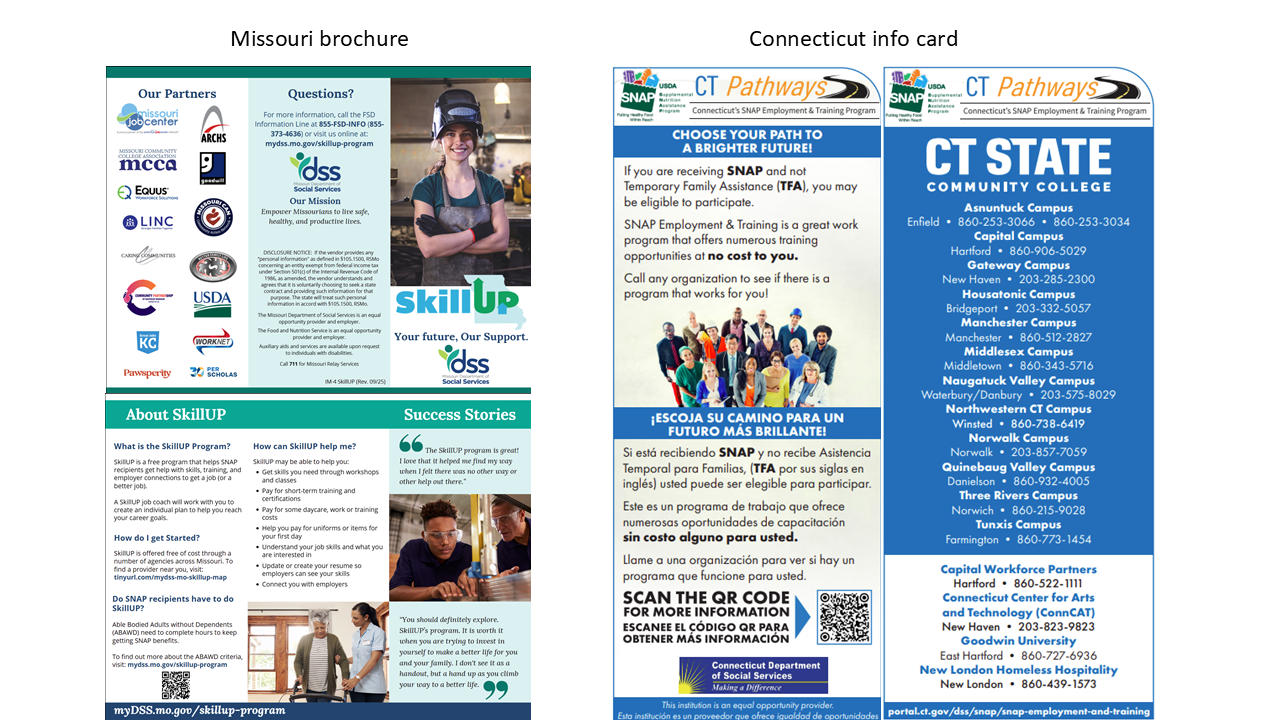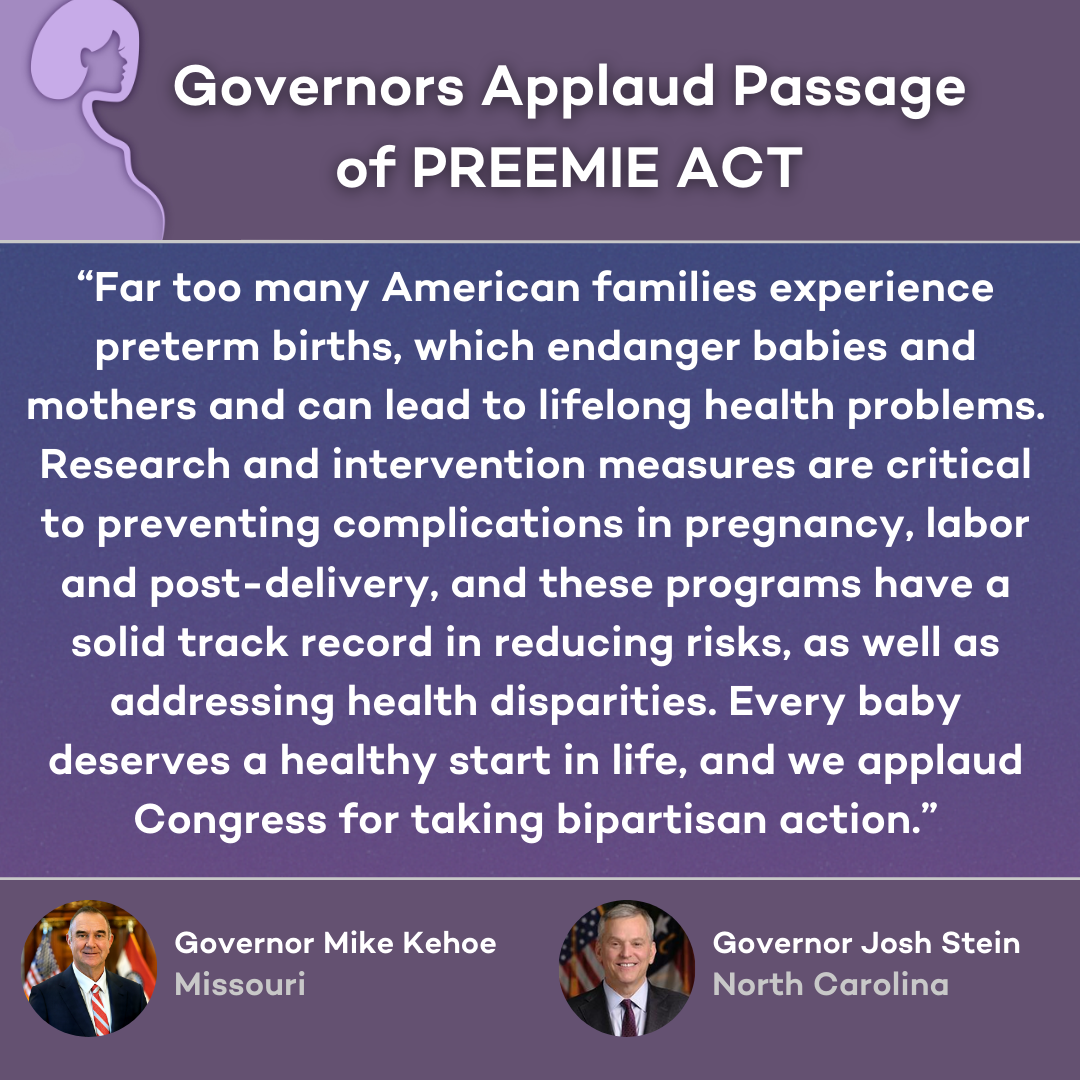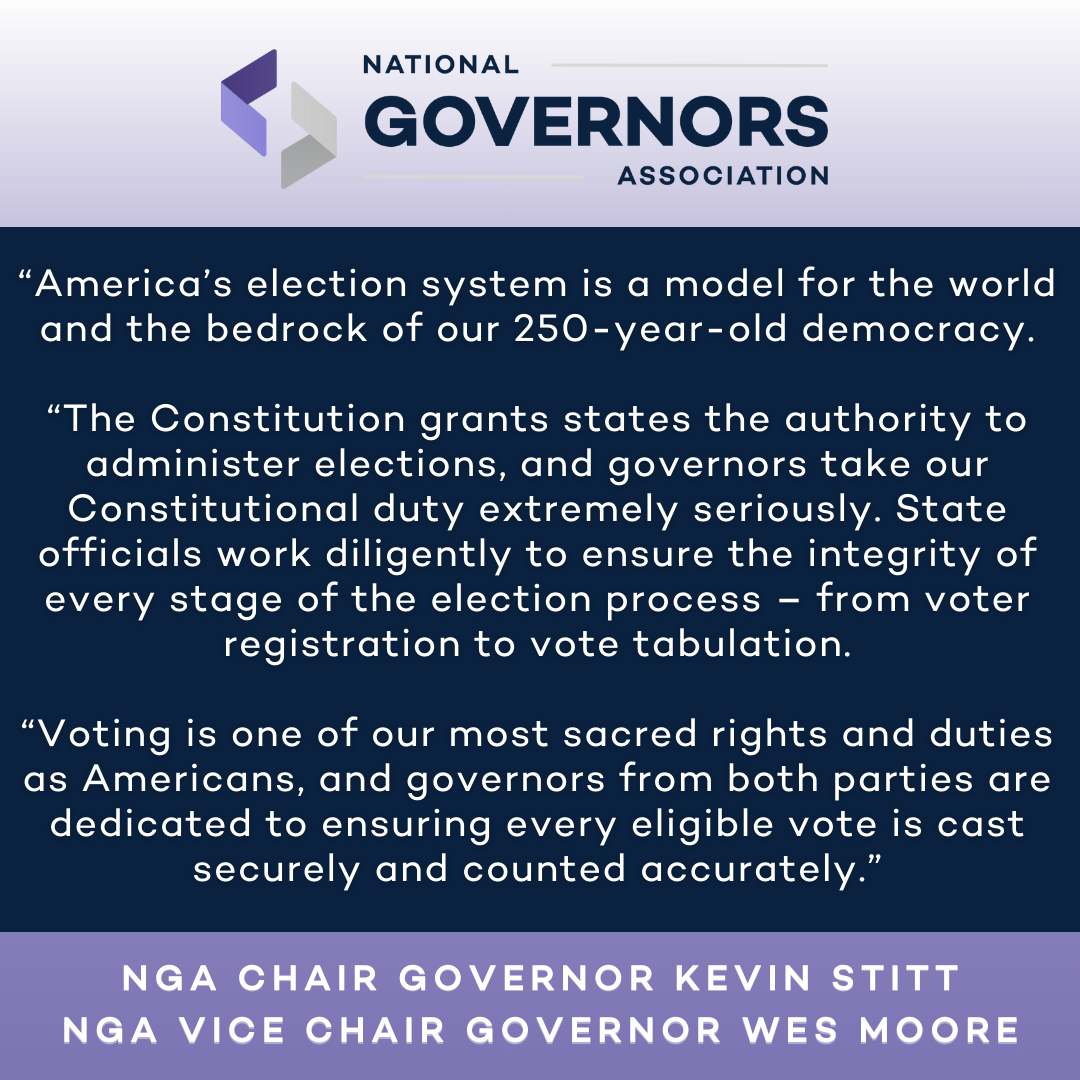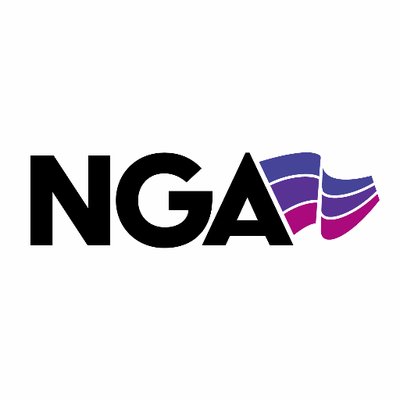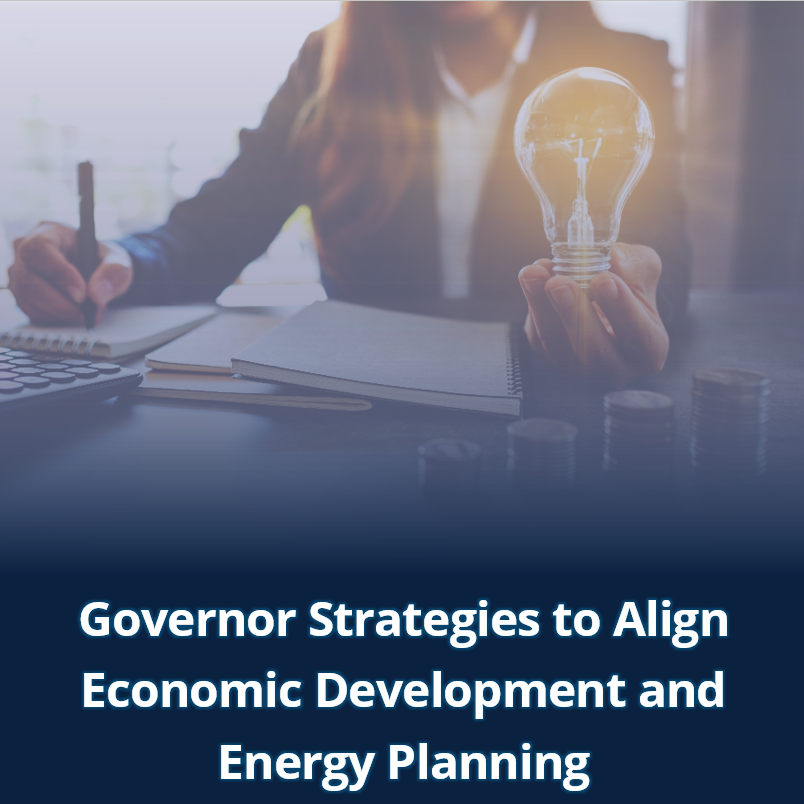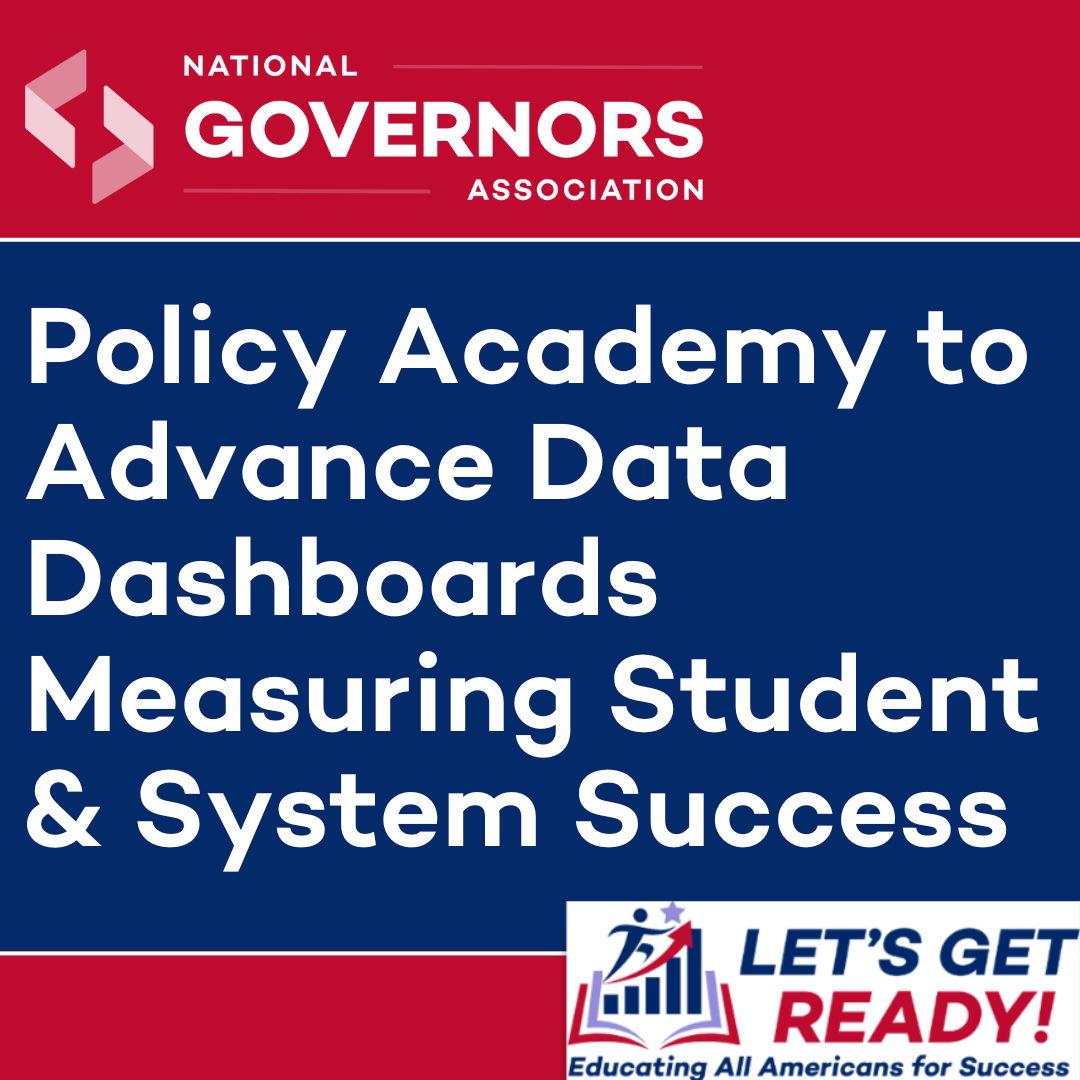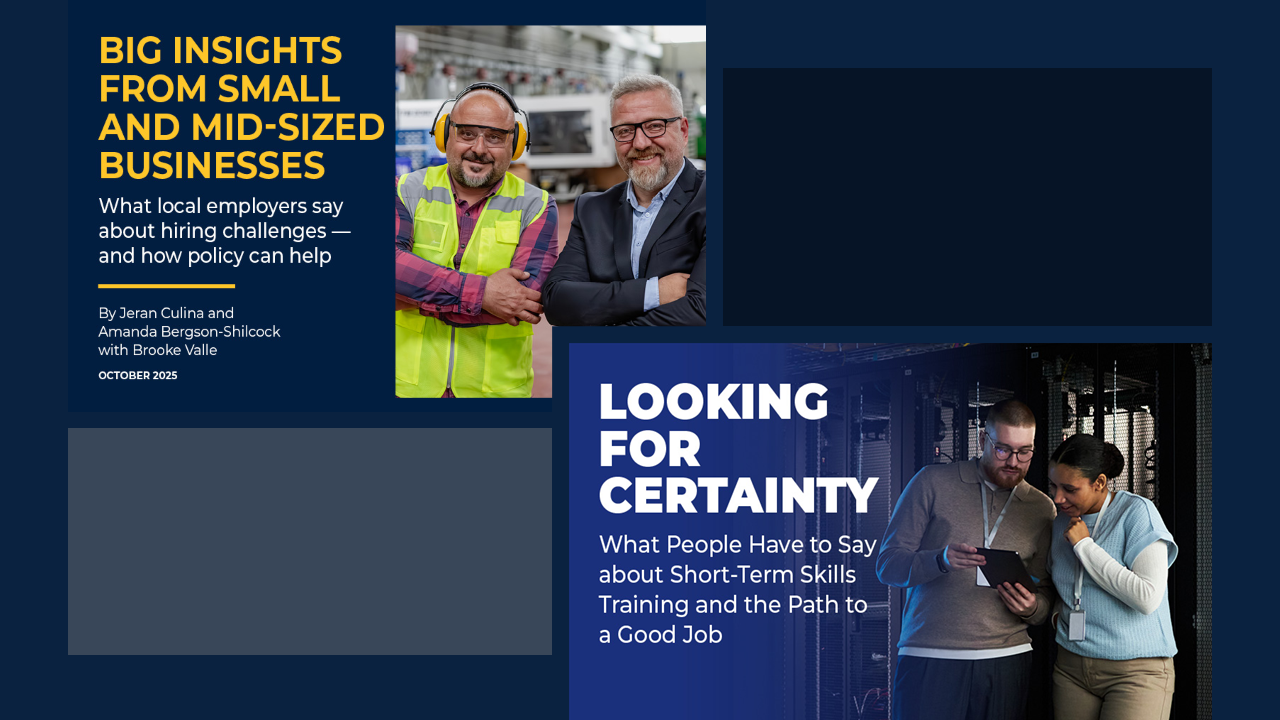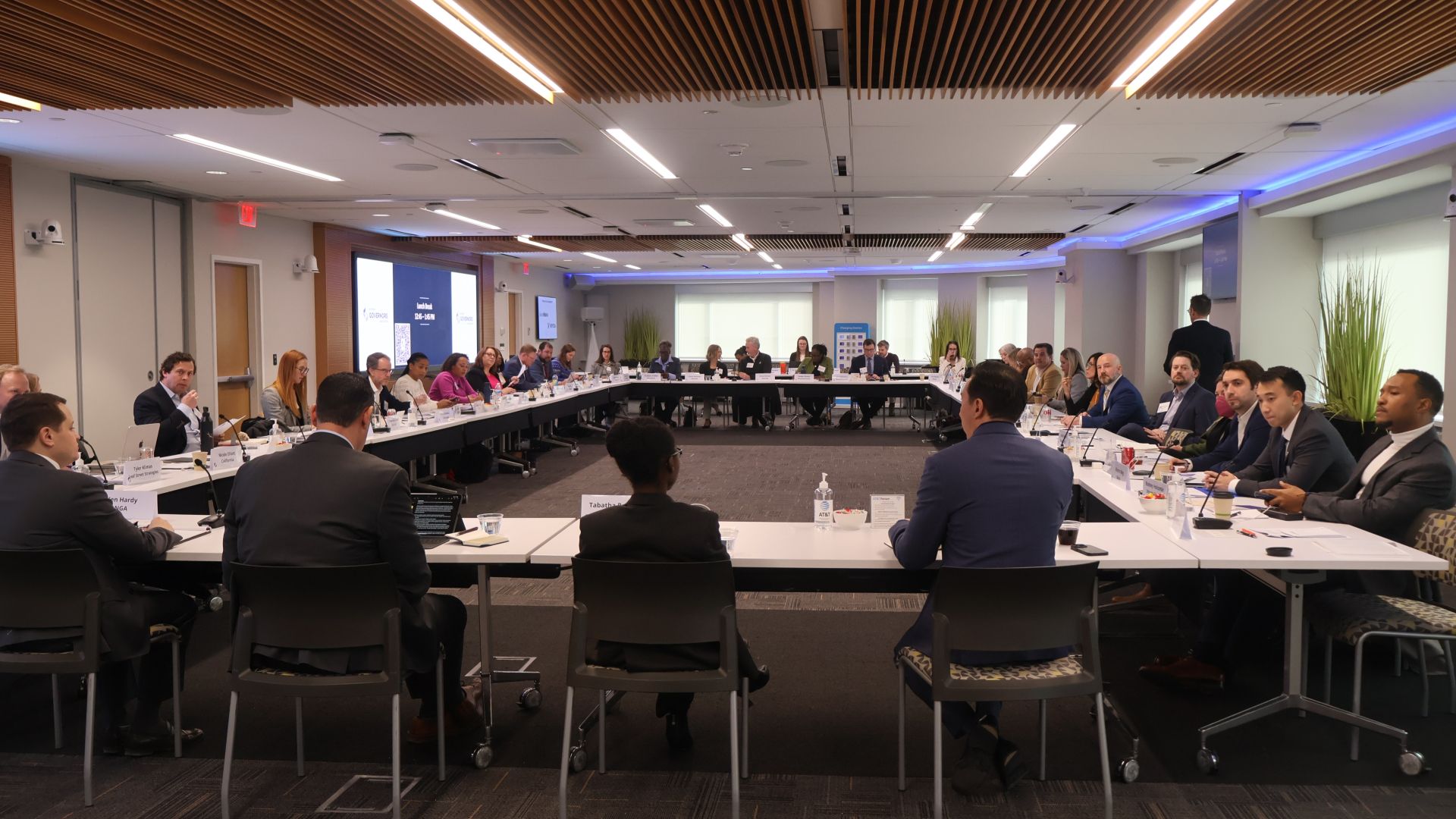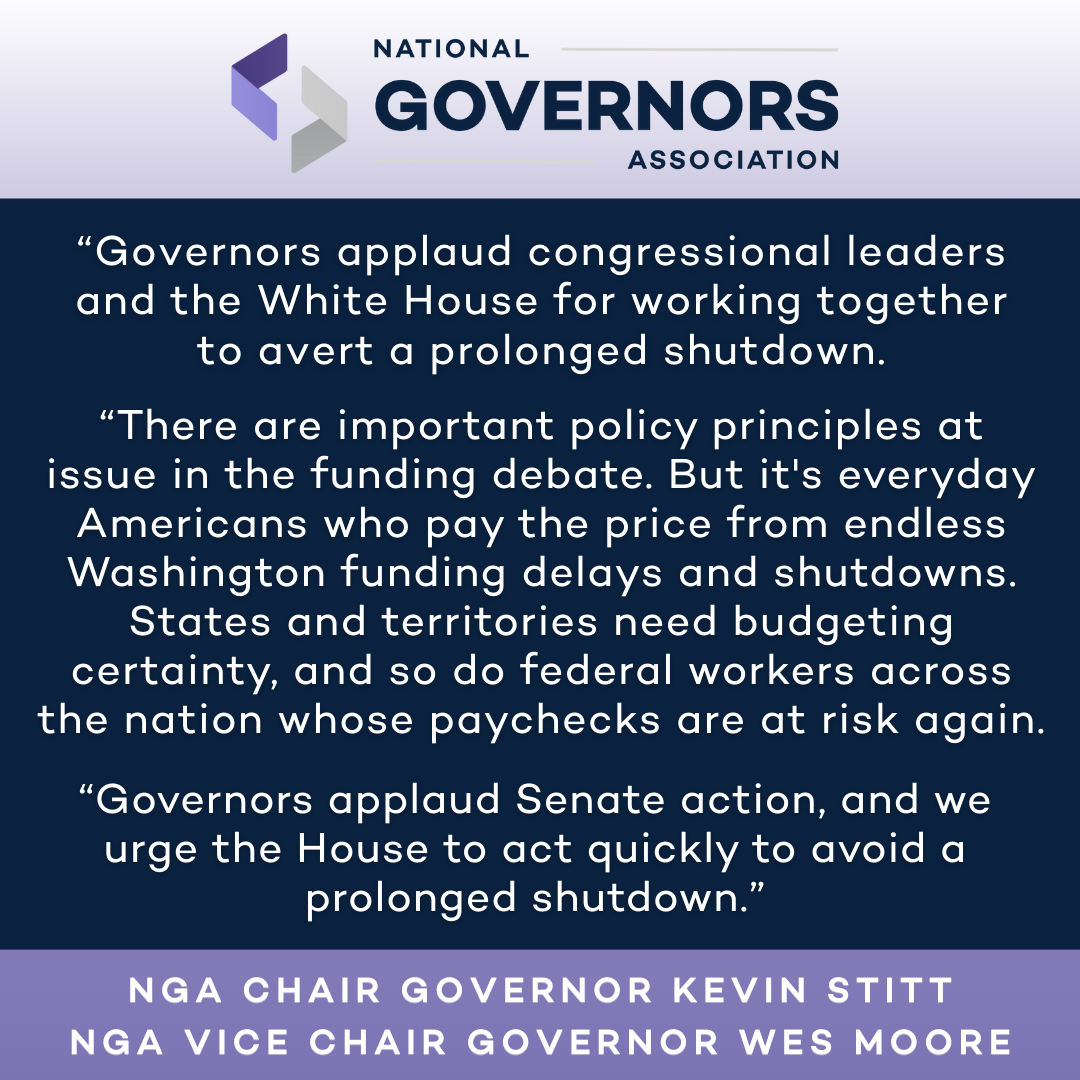After a fireside chat on preparing students of all ages for workforce success, and a panel discussion featuring insights from Dr. Richard V. Reeves and Dr. Oon Seng Tan, the last session of the Vancouver Let’s Get Ready! convening returned to what Governor Polis called the central question of the initiative.
“How do we define a measure of success? We know, of course, there’s things we look at that might correlate with success. We look at test scores, we look at graduation rates, we look at attendance. These are important markers. But Governors are thinking bigger than that. We want to know if students are succeeding. And of course, we want to know if our economy is succeeding and employers are able to hire people with the skills and talents that are needed.”
Governor Jared Polis
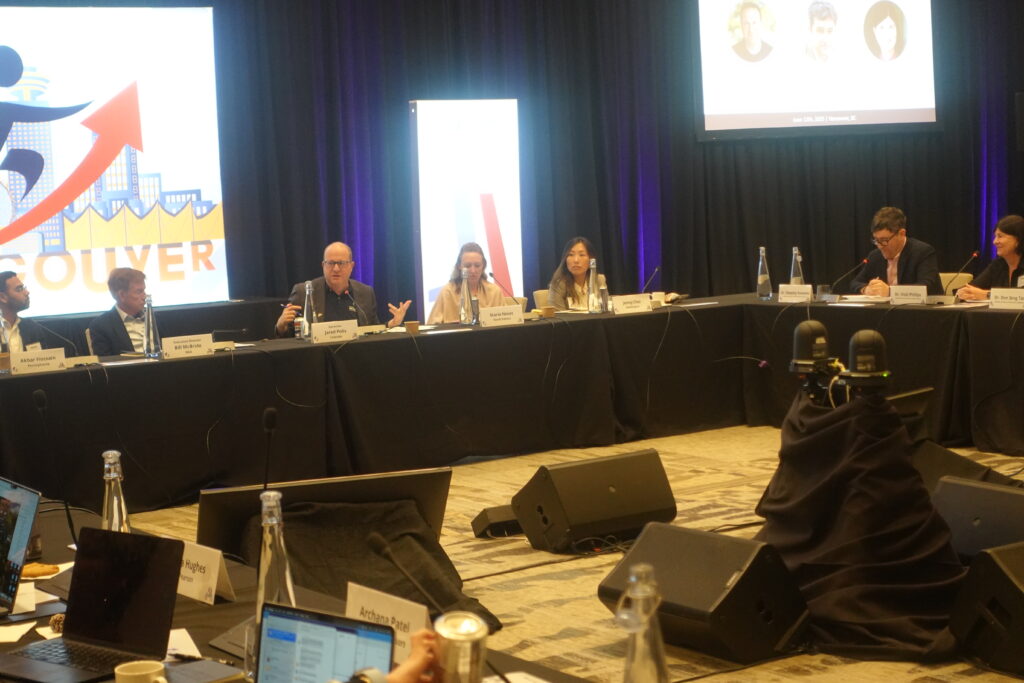
Dr. Vicki Phillips, CEO of the National Center on Education and the Economy (NCEE) and Dr. Timothy Knowles, president of the Carnegie Foundation for the Advancement of Teaching joined the Governor to explore these questions.
Dr. Knowles opened the discussion by pointing out the limitations of the diploma as the perhaps most visible current measurement of success. He identified three distinct problems:
- The education sector is too focus on inputs versus being oriented towards outcomes. Diplomas remain based on credit hours rather than serving as a competency-based representation of what students know and can do.
- The traditional diploma fails to capture students’ life skills, and we will continue to face an uphill battle until we make the diploma reflective of both academic and durable skills.
- The transcript, which accompanies and supports the diploma, has remained largely unchanged for 150 years. This means we are passing outdated signals to the workforce that were developed “before electricity and cars and airplanes and computers.”
Dr. Phillips picked up the thread and said that NCEE is studying “high performing, rapid, rising and exceptional innovators around the world” and agreed that the value of the diploma has shifted dramatically. To keep its value, Dr. Phillips encouraged a change in mindset, to evaluate a diploma by its trajectory power. Does it propel students to post-secondary success or to gainful employment and the ability to succeed in an evolving economy? In short, it needs to be about preparedness for the future, not how much seat time was accrued in the past, meaning, we need to find more effective ways to measure if students have the skills to handle whatever comes next in their lives.
“We continue to be very bound by strictures and structures in the U.S. [Other countries are] setting credentials with employers, educators and government…aligned to an evolving economy, aligned to the kind of democratic and civic participation that these countries want, [with] on-ramps and off-ramps into post-secondary. If you want to go to college, you can change at any point in time. You have choice; so you’re not bound. There are no dead ends, and you’re given the supports to do that, and all of them hold high value.”
Dr. Vicki Phillips
The second half of the session featured a robust conversation with the panelists and attendees. Key points from the discussion include:
We need to clearly define skills and align them with real-life outcomes
- “We’re trying to define what they are, what the sub-skills are and what the progressions of those skills are…we need actual common definitions if we’re going to see them embedded credibly into curriculum, into assessments, into credentials.” —Dr. Timothy Knowles
- “[We need to pick] the critical few that are truly trajectory altering. We can all have conversations where we just add on and add on, and everybody wants their indicator…we have to really resist that and be very, very clear.” —Dr. Vicki Phillips
We need a systemic transformation of education
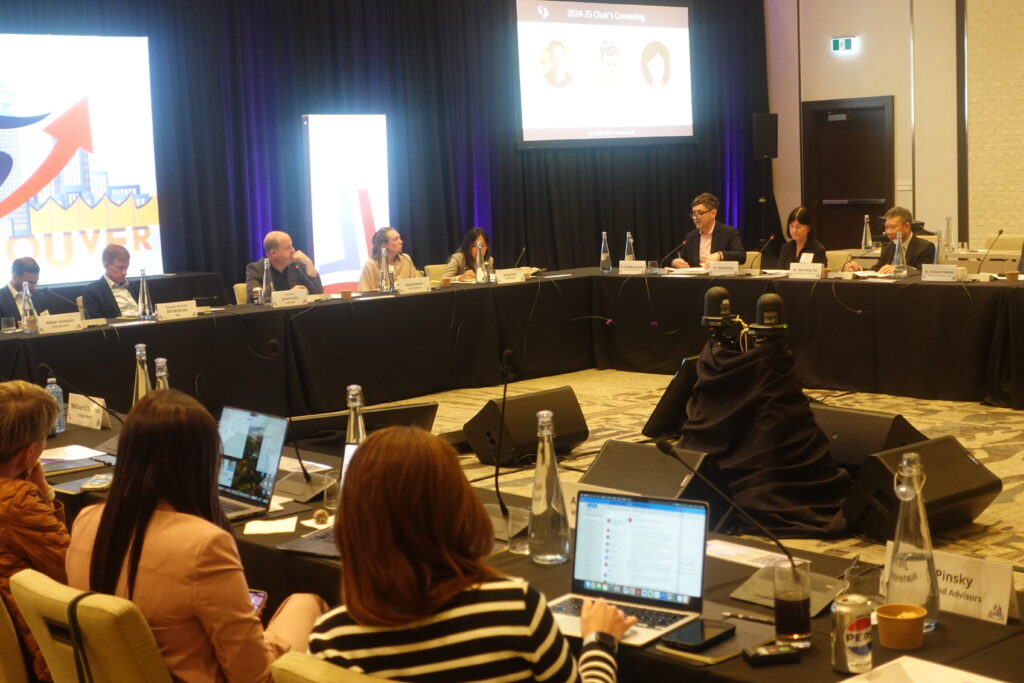
- “When we moved from agrarian to industrial economy…a uniquely American idea was born, and that was universal high school education…we’re at a similar juncture…it’s not universal high school education this time; it’s universal High School transformation.” —Dr. Timothy Knowles
- “I think big allies in this are the young people themselves, particularly young leaders. We are in such a moment of underestimating this current generation.” —Dr. Vicki Phillips
We need to rethink assessment to include less testing and more insight
- “I’m really bullish on what might be called testless assessment, which would leverage Generative AI. Students produce enormous amounts of artifacts in their daily lives…We should leverage problem sets, videos of group work, written work, conversations with teachers…We can leverage all that…with approvals from families and students themselves.” —Dr. Timothy Knowles
- “[NCEE] would be in this bucket too, of probably less assessment, just stronger indicators and more creative ways…we are actually engaged in a benchmarking exercise right now around looking around the world at next generation assessments and next generation accountability…to try to shed some insight on this.” —Dr. Vicki Phillips
We need education partnerships that are structural, not situational
- “There clearly needs to be a feedback loop here with the private sector that is currently very haphazard at best.”—Governor Polis
- “If we’re really thinking that part of what high school is about is building a sense of purpose and direction and agency towards career, whether that career requires postsecondary or not, then we don’t just need business involved in identifying the skills; we also need their help in identifying and building the learning experiences and the content.” —Dr. Timothy Knowles
- “We have to think about career connected experiences all the way through K-12. We can’t just start once they hit high school…In some of the states we’re working in, the business leaders are actually chairing the coalitions and deeply engaged and helping lay out policies that demand new kinds of metrics.” —Dr. Vicki Phillips
Watch the full session below, and then get caught up with the Let’s Get Ready! initiative, which will release an education roadmap for Governors next month at the NGA Summer Meeting.

